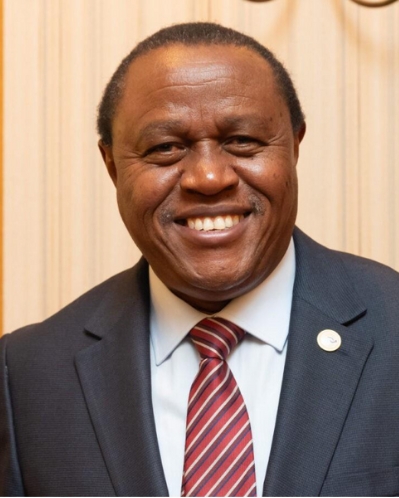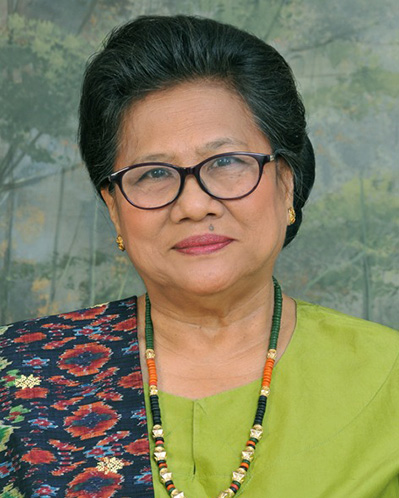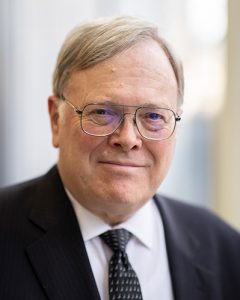Protecting Freedom of Thought, Conscience, and Religion: Ensuring a Future of Peace and Shared, Sacred Flourishing for All

Dr. Francis Kuria is secretary general of Religions for Peace International and its African affiliate, the African Council of Religious Leaders-Religions for Peace. He also serves as administrative chair of the international steering group of the International Campaign to Abolish Nuclear Weapons. This post is based on his keynote address at the ICLRS 32nd International Law and Religion Symposium, 6 October 2025.
Introduction
Now more than ever, we are confronted with internal divisions and heightened tensions, calling for a timely and necessary conversation on the protection of religious freedom. The tragic attack on 28 September on The Church of Jesus Christ of Latter-day Saints in Grand Blanc, Michigan, serves as a devastating reminder of the urgent need to persist in promoting religious freedom for all—a responsibility that we must not only address in theory but that requires our collective action on community, judicial, and legislative fronts.


